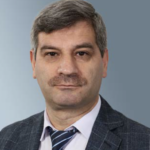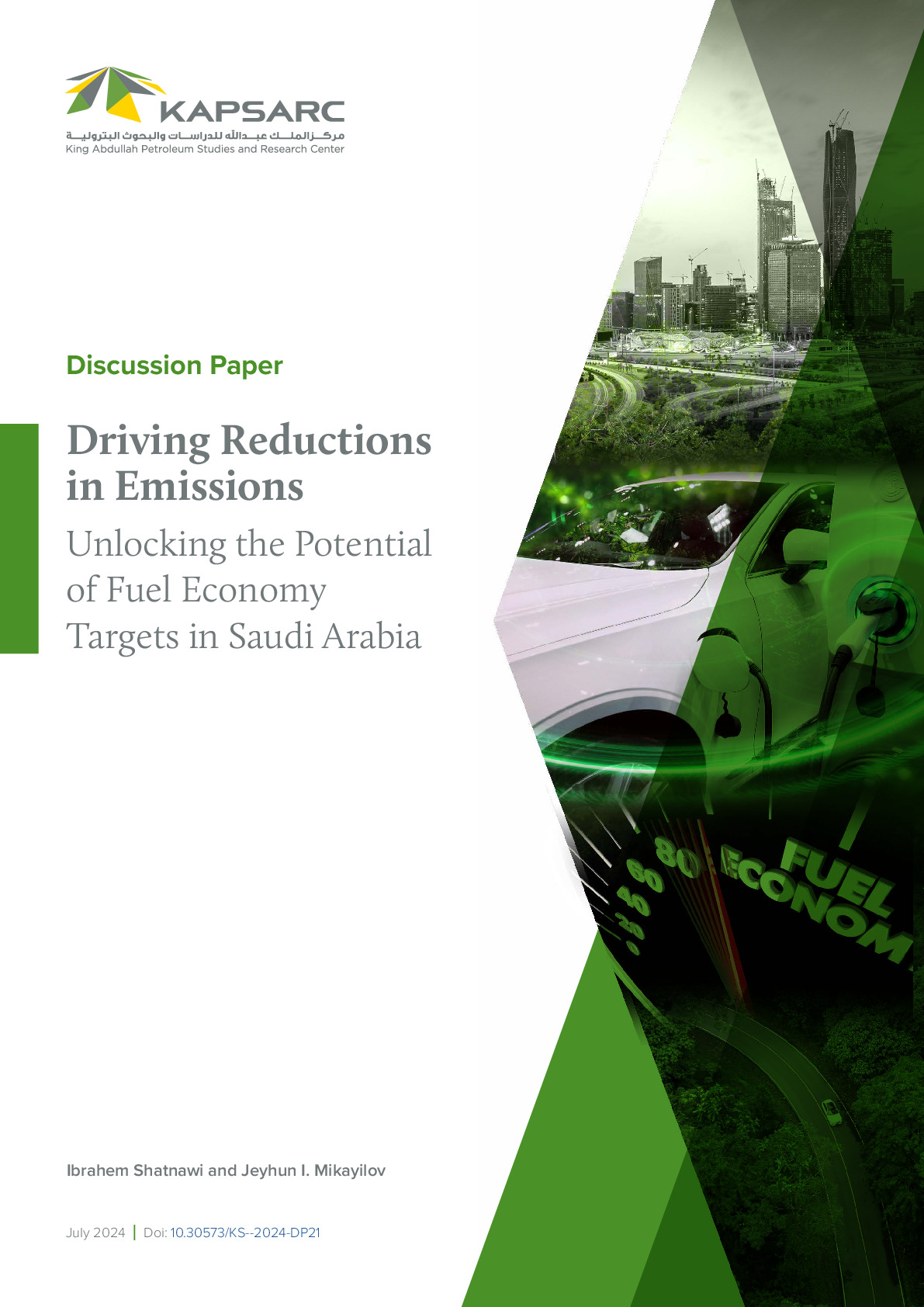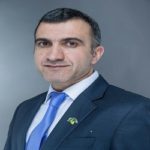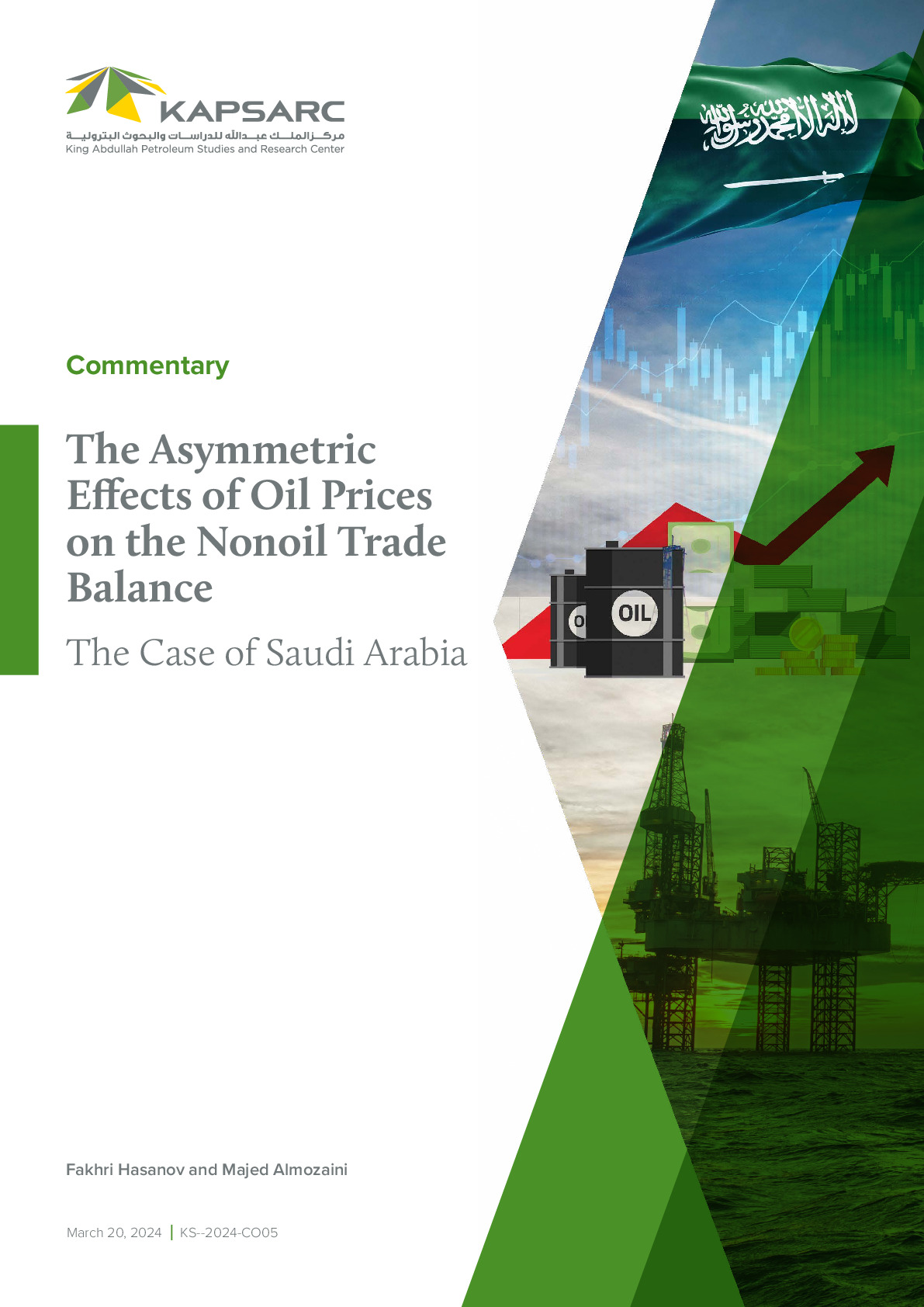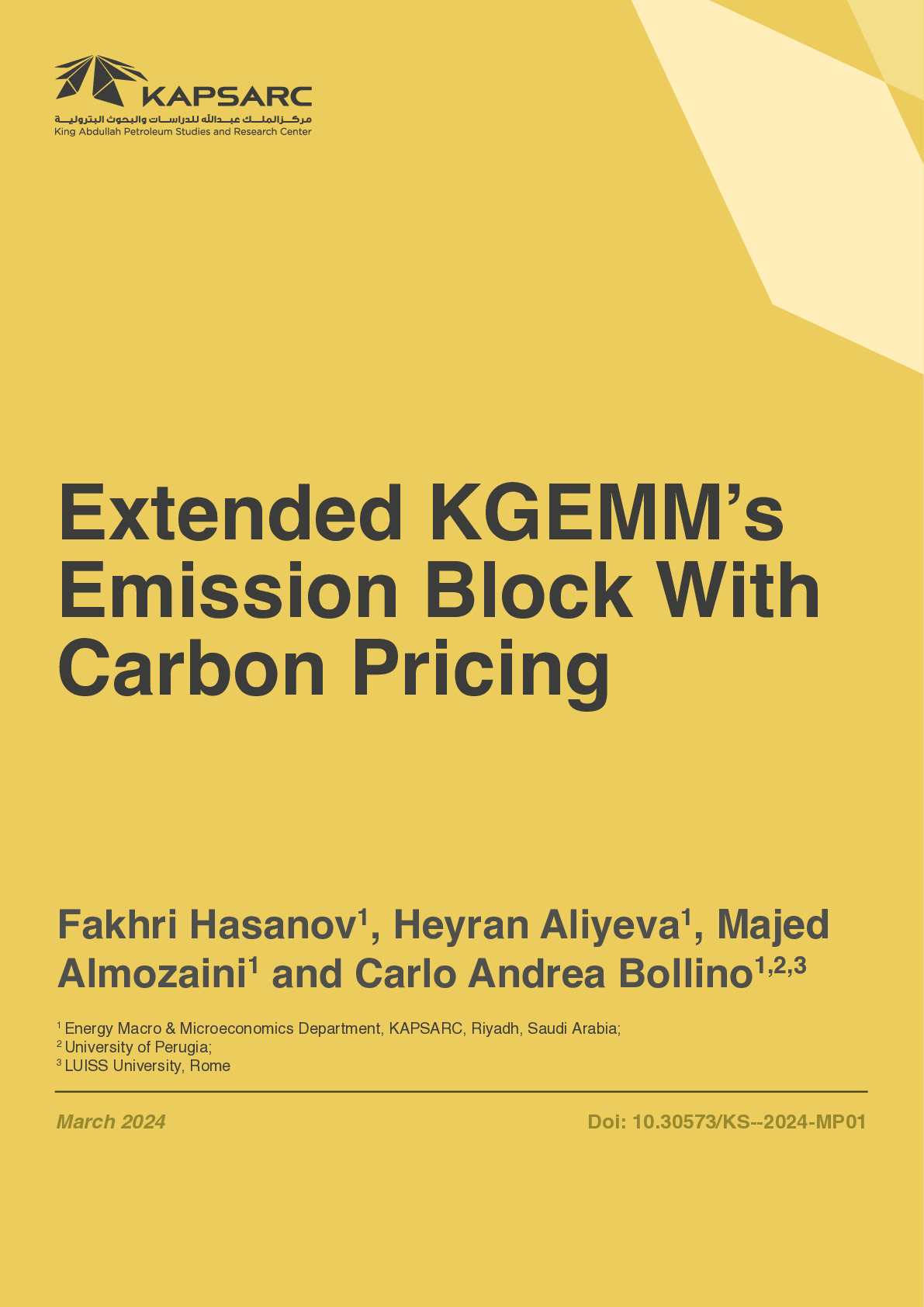Jeyhun is a research fellow at KAPSARC. He received his B.A. and M.S. from Azerbaijan State University (now Baku State University) in mathematics. Jeyhun holds a Ph.D. in applied mathematics and a D.S. in econometrics. Before joining KAPSARC in September 2017, Jeyhun was an associate professor at the Department of Statistics and Econometrics at Azerbaijan State University, and the Department of Economics at Qafqaz University, where he taught econometrics, statistics, and mathematical economics. His other roles have included director of the Research Institute for Social Sciences and Humanities, and head of the Center for Socio-Economic Research. Jeyhun was a postdoctoral researcher at Indiana University Bloomington, United States (U.S.). He has also been a visiting researcher at several institutions, including the Center for Econometric Research, Sungyunkwan University in Seoul, South Korea; Vistula University, Warsaw, Poland; the University of North Texas, and the University of South Texas, both in the U.S.
Jeyhun’s research is focused on applied time series econometrics, the economics of energy, the environment and sustainable development. He has authored over 40 scientific articles published in peer-reviewed journals and is an editorial board member of the International Journal of Advanced Multidisciplinary Research and Review, the Journal of Management, Economics and Industrial Organization, and the Journal of Socio-Economic Studies, and a member of the International Association for Energy Economics.

